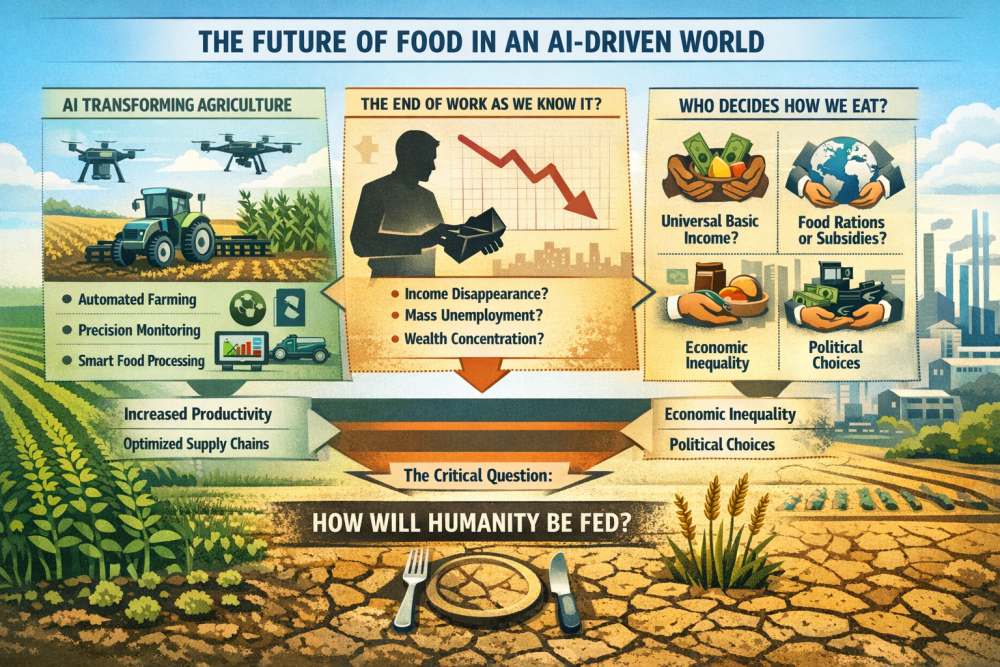AI-Driven Job Markets: Challenges and Solutions
Posted 1 year ago
Integrating artificial intelligence (AI) into the IT industry marks a pivotal shift that demands attention and action from executives and professionals alike. As AI becomes increasingly embedded in business operations, it is reshaping the skillsets required for success and raising critical questions about the future of work.
An AI Skills Report describing the gap between AI investments and workers' readiness by Pluralsight, involving over 1,200 individuals (600 executives and 600 IT professionals) from the US (n=700) and UK (n=500), describes professionals' perceptions about AI's impact on the job market. This survey revealed that 74% of IT professionals express anxiety that AI will render many of their current skills obsolete. Notably, 95% of executives and 94% of IT professionals opined that AI initiatives will only succeed with staff with proper knowledge of Artificial intelligence (AI). Such statistics are worrisome for the people leading organizations.
On the other hand, there is a compelling argument that AI has the potential to not only augment jobs but also enhance productivity and create new opportunities for those who can adapt. This optimism is supported by 81% of IT professionals who feel confident integrating AI into their current roles. This is contrary to only 12% having experience working with AI. The survey also revealed that 40% of organizations have training opportunities in AI. The dichotomy of AI as both a job creator and a job eliminator is continuously on the minds and hearts of organizations and their leadership.
According to Prof. Dr. Muhammad Mukhtar, Vice Chancellor of the National Skills University Islamabad, Pakistan the way forward for the workforce is clear: upskilling and reskilling are no longer optional but essential. The Pluralsight survey reveals that 96% of IT workers prioritize AI skill acquisition to safeguard their careers. This is an encouraging sign, but the question remains: are organizations equally prepared to support this transition?
Pluralsight survey revealed a significant gap in understanding, with 91% of executives admitting they needed to grasp their teams' AI skills and proficiency fully even utilizing outsourcing mechanisms. Moreover, a concern echoed very strongly was that organizations adopt the technology first and initiate training procedures, which are a major barrier to adopting technologies like AI. This lack of insight could prove disastrous if not addressed, as it hampers the ability to implement effective upskilling strategies and leaves companies vulnerable to the disruptions they seek to mitigate.
It is time for the organization to get ready to grasp new realities. Their first step must be thoroughly assessing their current workforce's capabilities. This involves identifying skill gaps and recognizing existing employees' potential to learn and grow. Investing in targeted training programs, fostering a culture of continuous learning, and providing clear pathways for career advancement are critical measures that can help bridge the gap between current competencies and future demands.
Further, the survey also examines IT professionals' confidence in their ability to adapt, which is key. As indicated in this report, 81% of IT workers feel assured they can incorporate AI into their roles despite limited experience. However, practical implications will prove this thinking. Organizations and leaders must nurture this confidence through practical experience and continuous learning opportunities. By embracing the challenge of AI head-on, IT professionals can position themselves not as victims of automation but as leaders in the next wave of technological innovation.
The rise of AI presents challenges and opportunities for the IT job market. While the fear of job displacement is real, so too is the potential for AI to redefine roles in ways that enhance human capabilities. The key to navigating this transition lies in proactive skill development at the individual and organizational levels. By committing to upskilling and fostering a deep understanding of AI technologies, the industry can ensure that the AI revolution becomes a force for positive change rather than a source of widespread disruption.




